
Since 2001, Wikipedia has been a space where we come to learn, where public discourse can be found, and where consensus can be reached. From US elections to the list of non-human electoral candidates, everything that’s deemed encyclopedic can be found on Wikipedia. What once seemed impossible has become one of the most successful experiments on the internet, all thanks to people.
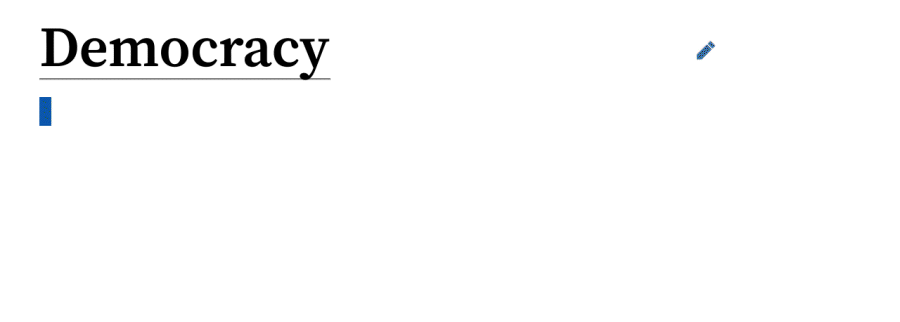
Why trust Wikipedia?
Anyone can edit Wikipedia, but that doesn’t mean they can write anything they want. Wikipedia is a tertiary source, meaning new information can only be added if it’s supported by external sources. Content is fact-checked, debated, and edited every day. There are standards and guidelines, and thousands of volunteers who uphold them. Most vandalism on Wikipedia is addressed within 10 minutes.
We put people at the center of everything we do
Wikipedia is written by real people from around the world. These are professors, researchers and students, but also enthusiasts and curious minds who edit millions of articles across more than 300 languages every day.
We encourage open discourse
People from all backgrounds and walks of life come together to build knowledge on Wikipedia. They debate freely and make editorial decisions openly on talk pages. Click on any article’s edit history and you’ll learn how it evolved over time.
We don’t want to persuade you
As an encyclopedia, the sole purpose of Wikipedia is to inform, explain, and educate the public. We don’t have an agenda we want to pursue.
We know you’re not a product
There are no algorithms to encourage readers to keep scrolling; no ads crowding the pages or tracking users’ every click. Wikipedia is mostly supported by small donations and the project is hosted by a nonprofit organization.
Facts, checked.
15 billion
views on Wikipedia every month
62 million
Wikipedia articles and counting
260,000
monthly volunteer editors internationally
326
languages on Wikipedia and counting
5.7
edits to Wikipedia every second
0
ads served
By humans. For humans.
Who are the people who edit Wikipedia? They come from all sorts of backgrounds, but they all share one goal: To make knowledge available to every single person in the world.
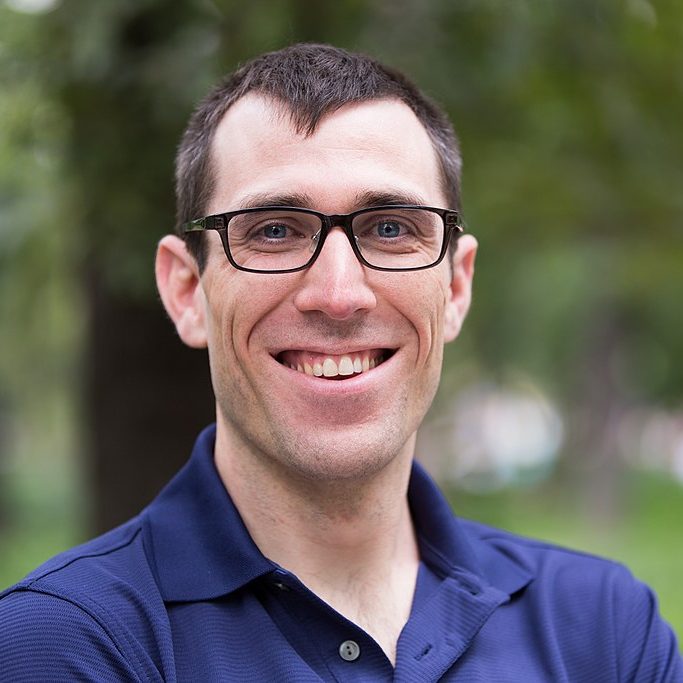
Dr. James Heilman
Dr. Heilman, an emergency physician, has been instrumental in encouraging clinicians to contribute to Wikipedia. Besides his active involvement in WikiProject Medicine and volunteer administration on Wikipedia, he served as the president of Wikimedia Canada and founded the Wiki Project Med Foundation. Learn more about James.
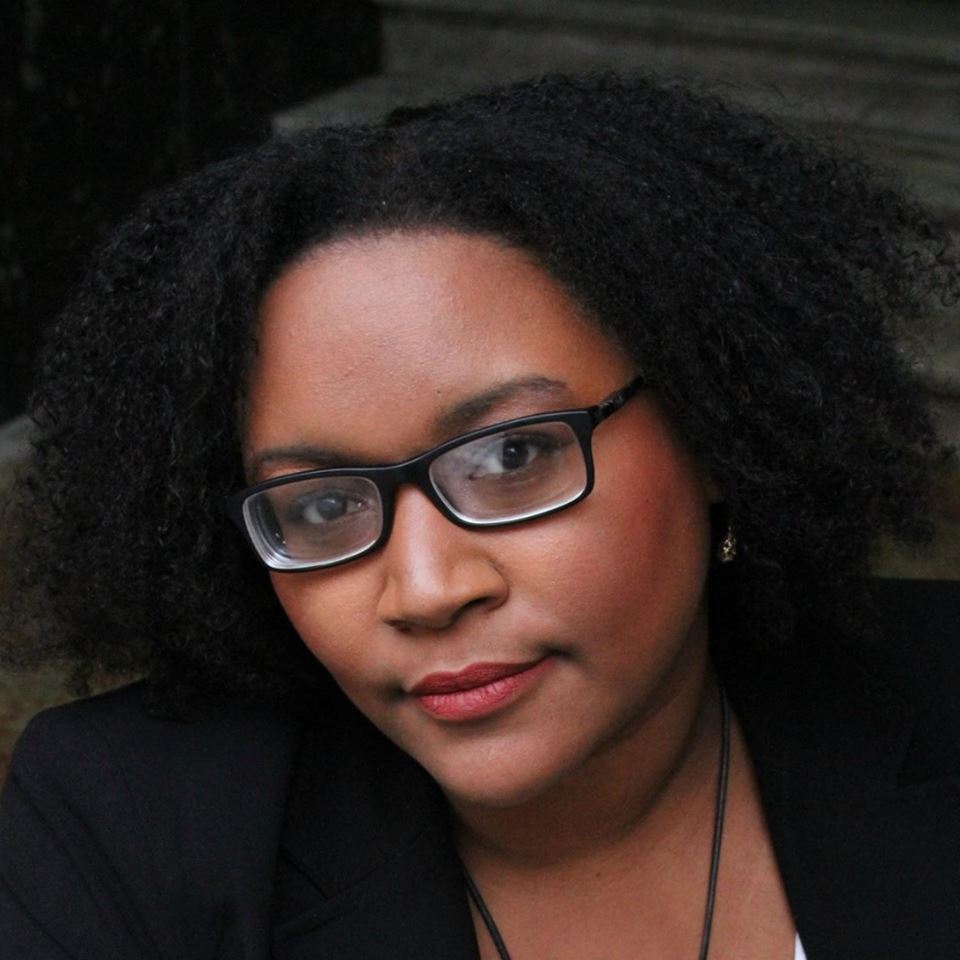
Sherry Antoine
Sherry is on a mission to improve representation on Wikipedia for people of African descent. She is the Executive Director of AfroCROWD, an initiative to create and improve information about black culture and history on Wikipedia, and the lead organizer of the Wikimedians of the Caribbean Usergroup. She is also motivated by a sense of community. So, during the pandemic in 2020, Sherry planned a 24-hour virtual event in which Wikimedia volunteers around the world uploaded pictures and shared updates that represented their experiences in the unique time. Learn more about Sherry.
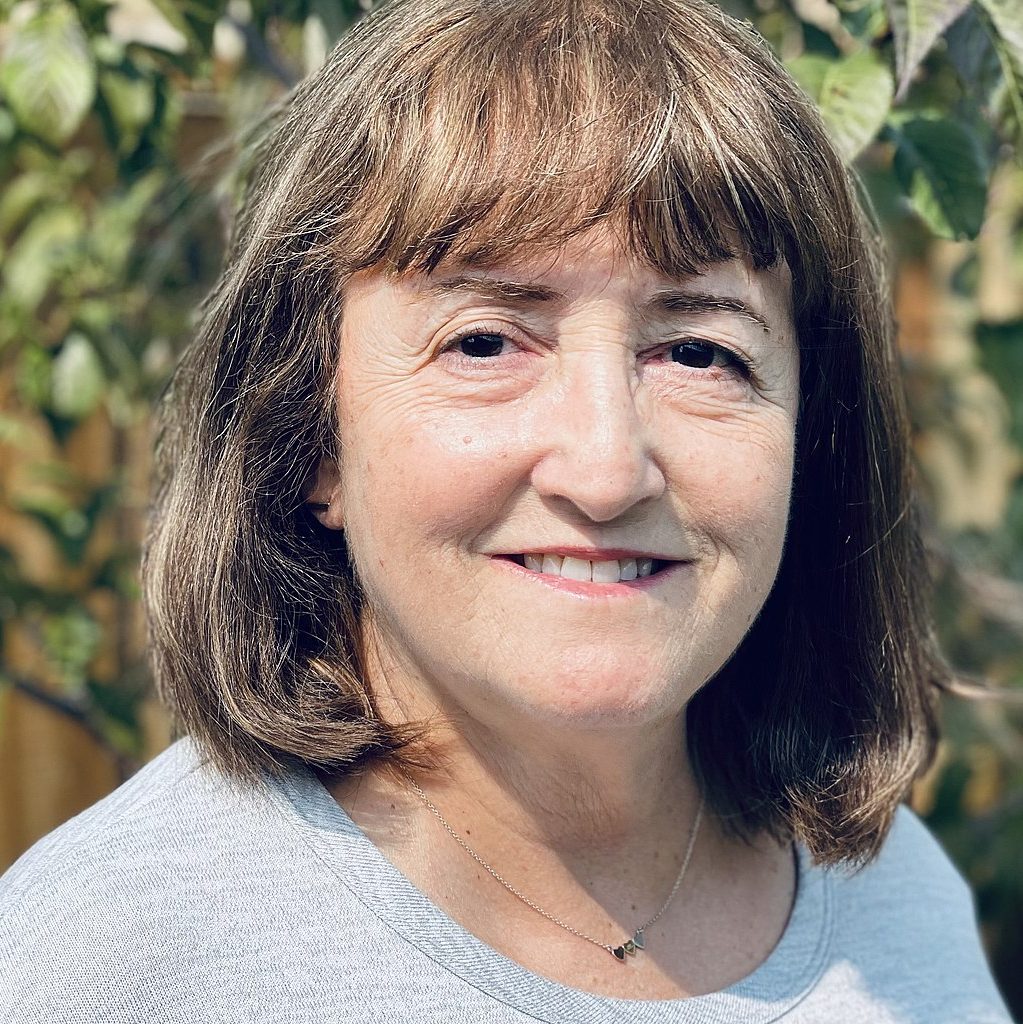
Rosie Stephenson
Rosie’s work to close the gender gap on Wikipedia is so notable that there is a Wikipedia article about it. In 2015, Rosie co-founded Women in Red, a project focused on creating Wikipedia articles about women’s biographies, works, and topics. At the time, only 15% of Wikipedia biographies were about women, and there is still more work to do. Rosie has created 5,000 new articles on Wikipedia, an activity that she says is her great passion in life. Learn more about Rosie.
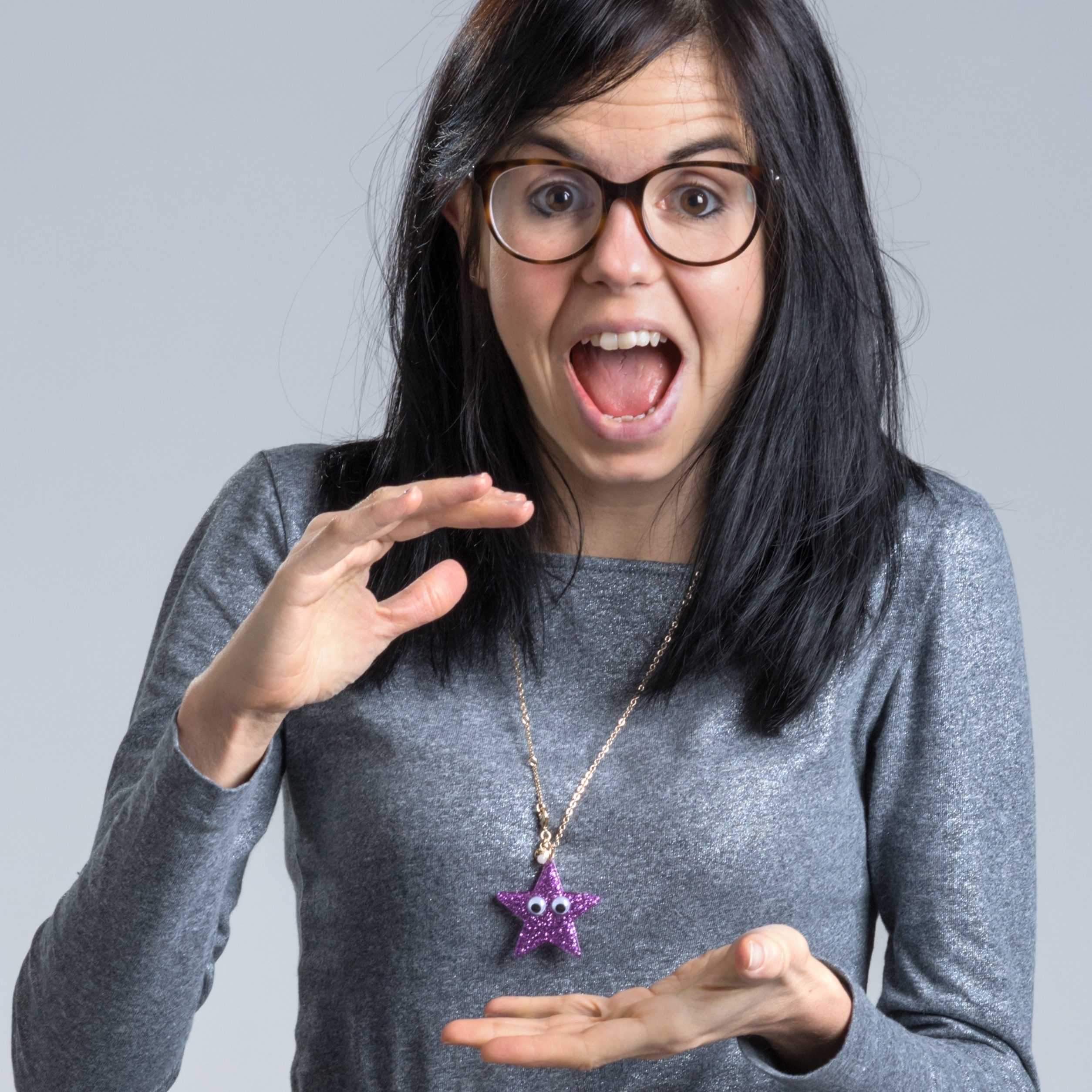
Jess Wade
Dr. Jess Wade, a physicist by day, started editing Wikipedia in 2018 after learning about the site’s knowledge gaps. Since then, she has written nearly 1,200 Wikipedia biographies about women, people of color and LGBTQ+ scientists, helping increase their representation online and beyond. Learn more about Jess.
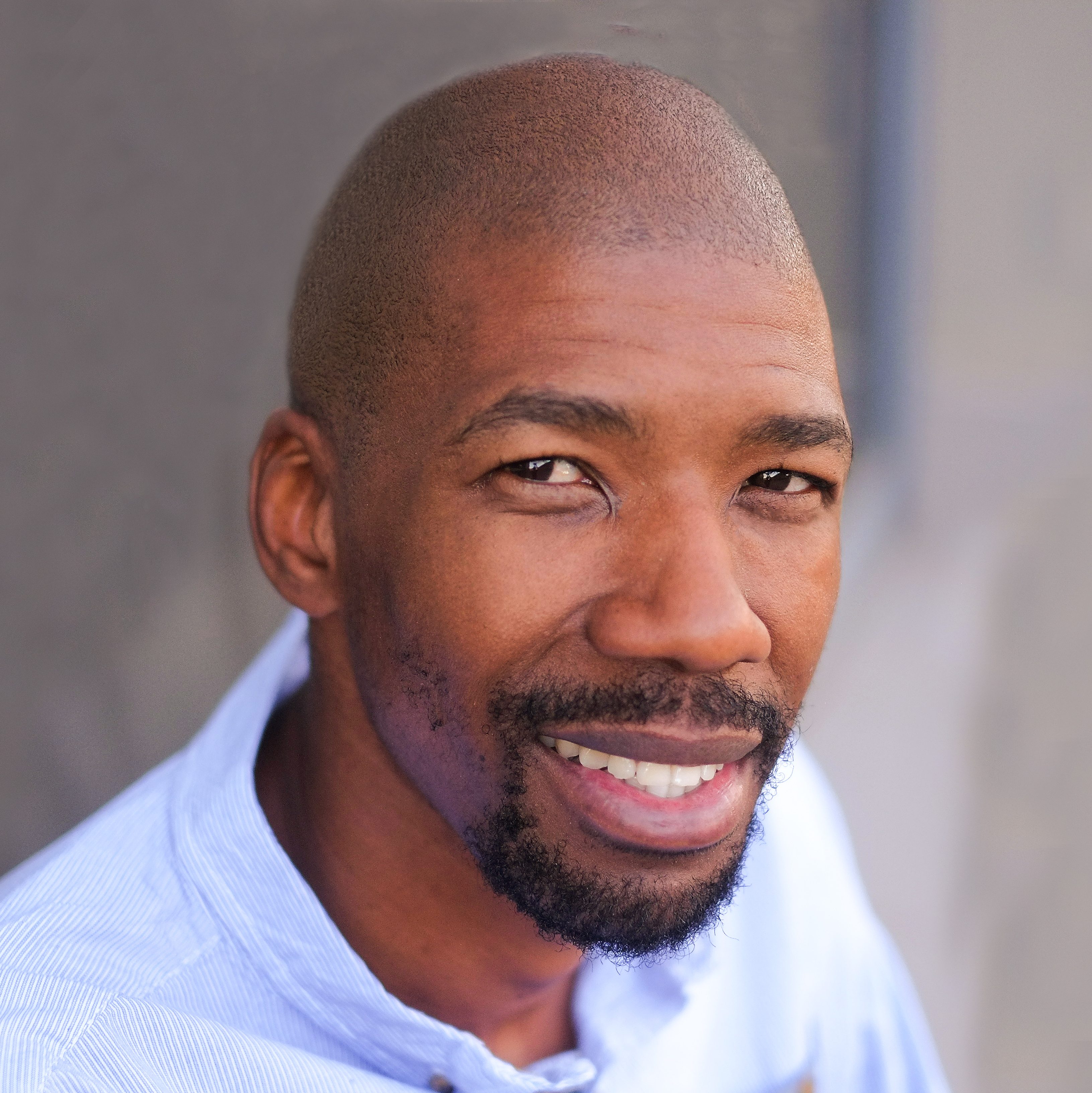
Bobby Shabangu
Bobby speaks five languages fluently. It is a skill he puts to use regularly in editing several language versions of Wikipedia, with a focus on promoting smaller languages such as Swati. In addition to editing, Bobby also supports community engagement activities, which includes sharing input on a new Universal Code of Conduct for all Wikimedia projects. Learn more about Bobby.
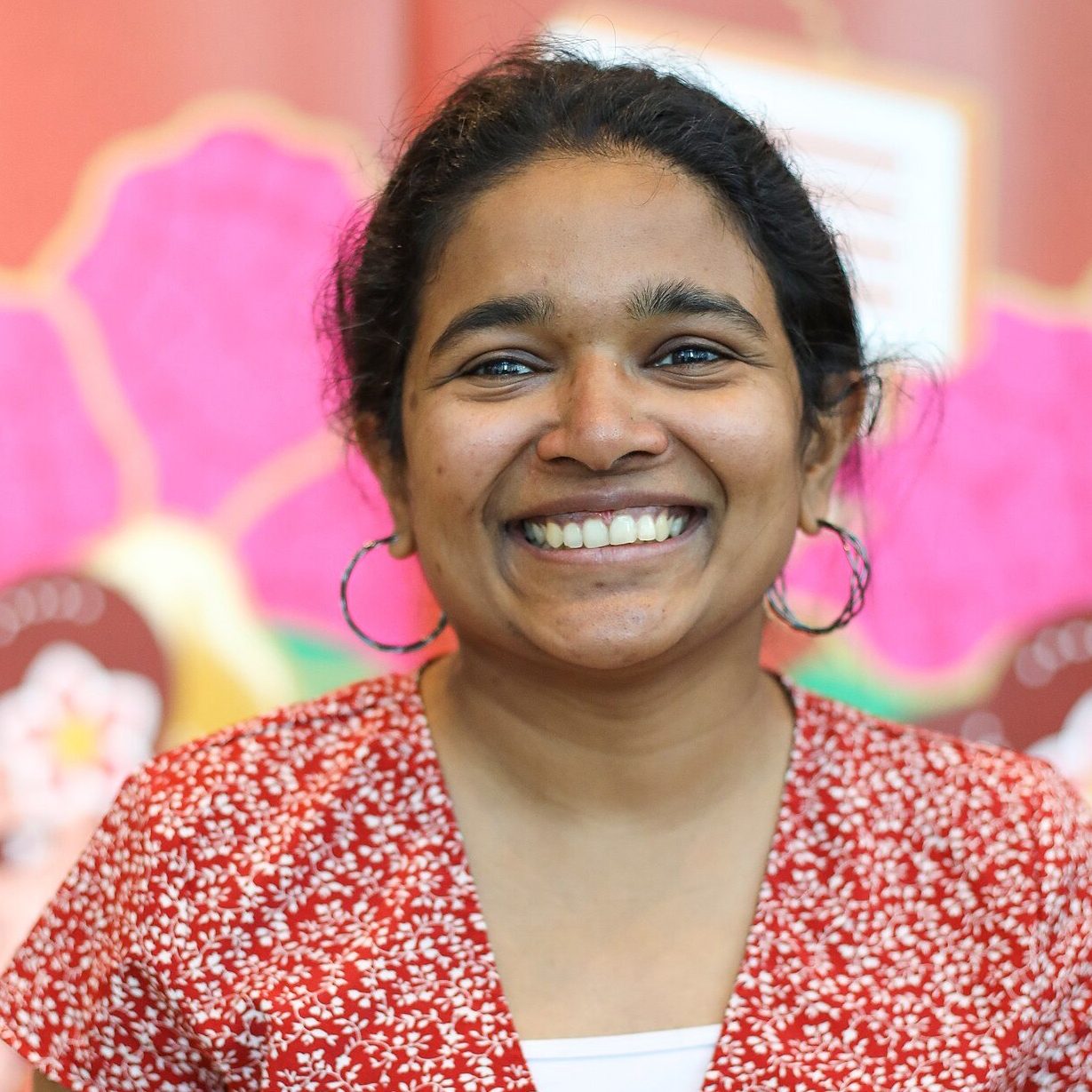
Dr. Netha Hussain
Dr. Netha Hussain began her journey with Wikipedia while still a medical student. Now, after 14 years of contributions and more than 11,600 edits, Dr. Hussain’s articles, including recent ones like Cerebroplacental ratio and acorn cyst sign, often focus on women’s health. Her motivation stems from the belief that “it’s important to offer free, reliable, and updated information related to women’s health in multiple languages. In that way, it would be possible to dispel misinformation and bring more awareness related to women’s health on the internet.” Learn more about Netha.
Related content
The Wikimedia Foundation’s crucial spot on the frontlines of the disinformation war
Read more
Frequently asked questions
The information on Wikipedia is curated by a global community of over hundreds of thousands of volunteers. Together, they compile and share information on notable subjects, citing reliable sources such as newspaper articles and peer-reviewed journals, according to the encyclopedia’s editorial policies and guidelines, which are also developed by volunteers. Watch this video to learn more about how Wikipedia works.
For over 20 years, a global community of volunteers has moderated the content on Wikipedia. Together, their unique, collaborative content moderation systems have helped to ensure that information on the platform is fact-based, neutral, and cited with reliable sources. These systems work effectively to address issues such as misinformation and disinformation.
Volunteers on Wikipedia vigilantly defend against information that does not meet the site’s policies. They regularly review a feed of real-time edits to quickly address problematic changes; bots spot and revert many common forms of negative behavior on the site; and volunteer administrators (trusted Wikipedia volunteers with advanced permissions to protect Wikipedia) further investigate and address negative behavior.
The whole process of content moderation by Wikipedia volunteers is open and transparent. Everything from the way an article grows and evolves over time, to the citations used to verify the facts, to the content discussions amongst editors, are all publicly available on the article’s history and talk pages.
While volunteers address the vast majority of content and conduct issues on Wikipedia and other Wikimedia projects, the Foundation has a Trust and Safety function that alerts and supports the volunteer community on some extreme cases when they are reported to them.
Wikipedia has long-standing policies to ensure information is presented as accurately and impartially as possible. One of the oldest and most fundamental pillars of Wikipedia is that it must be written from a neutral point of view. This means that all encyclopedic content on Wikipedia must be attributed to a reliable source and presented fairly, proportionately, and as far as possible, without editorial bias. Additionally, only encyclopedic content is allowed on Wikipedia. Personal experiences, opinions, or original research are not permitted. Watch this video to learn more about why you can trust the information on Wikipedia.
In this historic year of global elections, Wikipedia is needed more than ever. Wikipedia volunteers and the Wikimedia Foundation are prepared.
Volunteer community efforts
Wikipedia’s global community of volunteers have decades of experience in providing reliable, unbiased information during elections and other situations of global importance. During these times, Wikipedia editors will often take steps to ensure that information about relevant topics stays as reliable as possible. For example:
Administrators on Wikipedia have the ability to temporarily “protect” a page from modification by less-experienced and new users. For instance, during the 2020 US Elections, Wikipedia volunteers protected about 2,000 election-related pages. Restrictions were put in place so that many of the most important election-related pages, such as the one about the U.S. 2020 Presidential Election, could be edited only by the most experienced Wikipedia editors.
Experienced editors also use watchlists to keep track of pages that they are interested in, helping them to quickly identify and respond to mis-/disinformation attempts on those topic articles. This feature is particularly useful at times when certain pages get a high number of new edits.
Wikipedia’s volunteer-based Arbitration Committee has built specific rules to tackle some contentious topic areas that are more prone to persistent disruptive editing than others. These rules provide more latitude to Wikipedia administrators in enforcing Wikipedia’s guidelines and taking action more promptly to mitigate and prevent disruptive edits. Like all other activities on Wikipedia, the arbitration enforcement actions are logged publicly and can be appealed through community channels.
Foundation efforts
For this election year, the Foundation has developed a cross-functional working group of staff across the organization to prepare for risks and support volunteers.
Since 2020, the Wikimedia Foundation has had a dedicated Trust and Safety Disinformation team, which supports global volunteer communities in identifying and countering disinformation campaigns on Wikimedia projects.
Ahead of major elections in 2024, a Disinformation Response Taskforce (DRT) has formed to partner with trusted Wikimedia volunteers and Wikimedia affiliates to identify potential information attacks on Wikipedia. DRT members coordinate through a dedicated communication channel and use reporting mechanisms to speedily flag and address any elections-related disinformation attempts on Wikipedia. Each report of disinformation activity is appropriately handled depending on its nature and severity.
The more humans take part in Wikipedia, the better the internet’s knowledge becomes. Anyone can join Wikipedia as a volunteer. We encourage Wikipedia readers to engage as editors on the project and contribute to the mission of making free, reliable knowledge available for all. Users can also share comments about specific information in a Wikipedia article on its respective talk page, which is public for anyone to view.
Wikipedia is the only top global website operated by a non-profit organization, the Wikimedia Foundation. The site is not funded by advertising; it does not track your activity, sell your information, or use algorithms to promote content. The majority of our funding comes from donations ($11 is the average) from people who read Wikipedia. To learn more about how we are funded, you can watch our video and read our blog.
Help us unlock the world’s knowledge.
As a nonprofit, Wikipedia and our related free knowledge projects are powered primarily through donations.
Donate now
Photo credits
